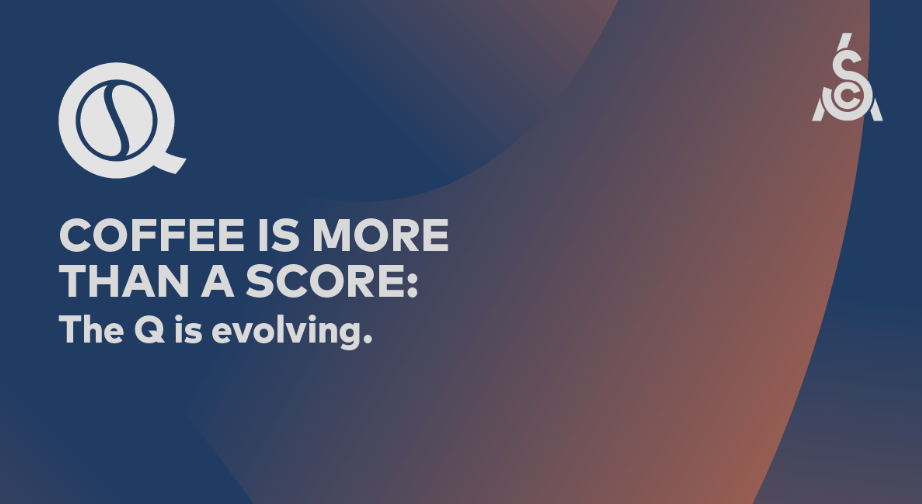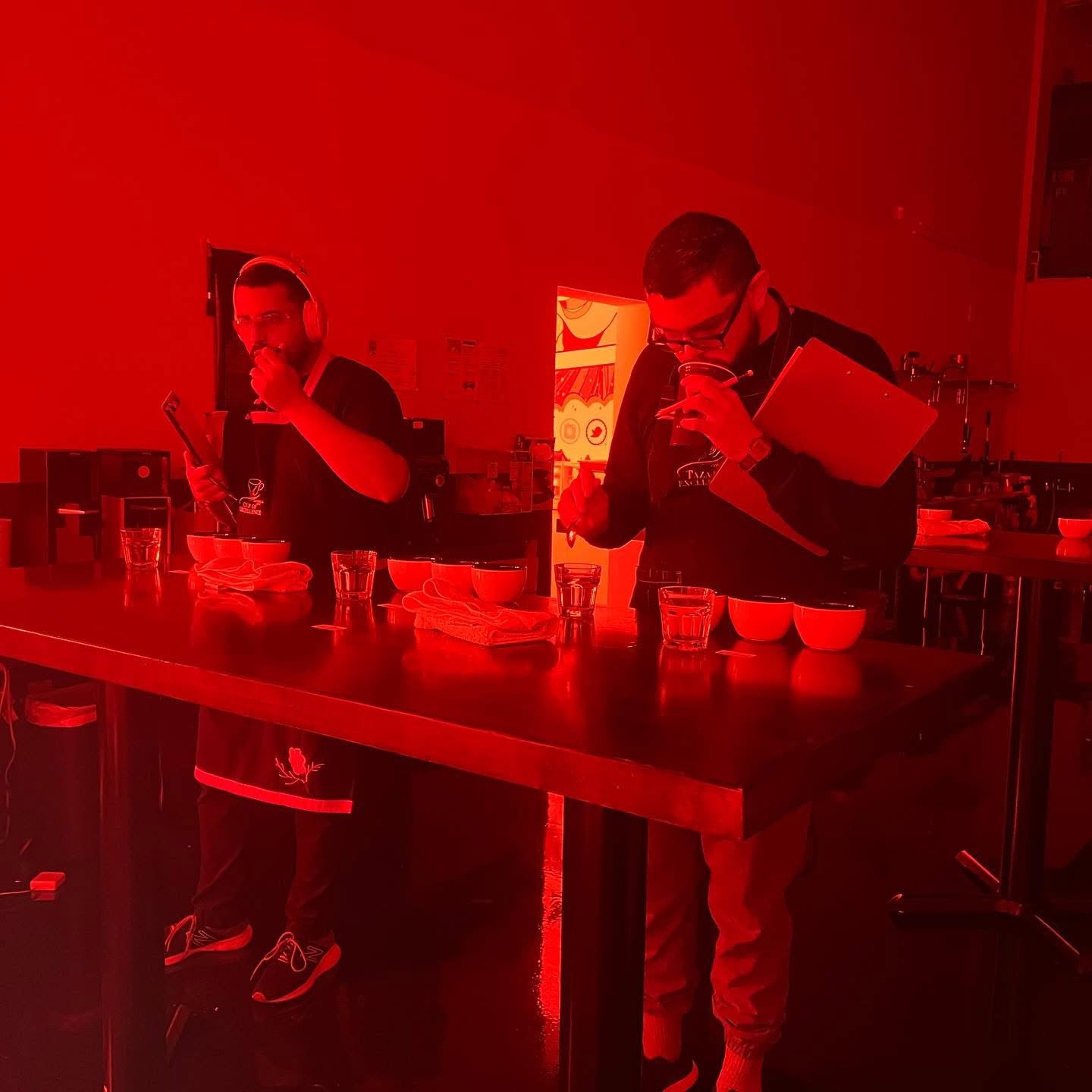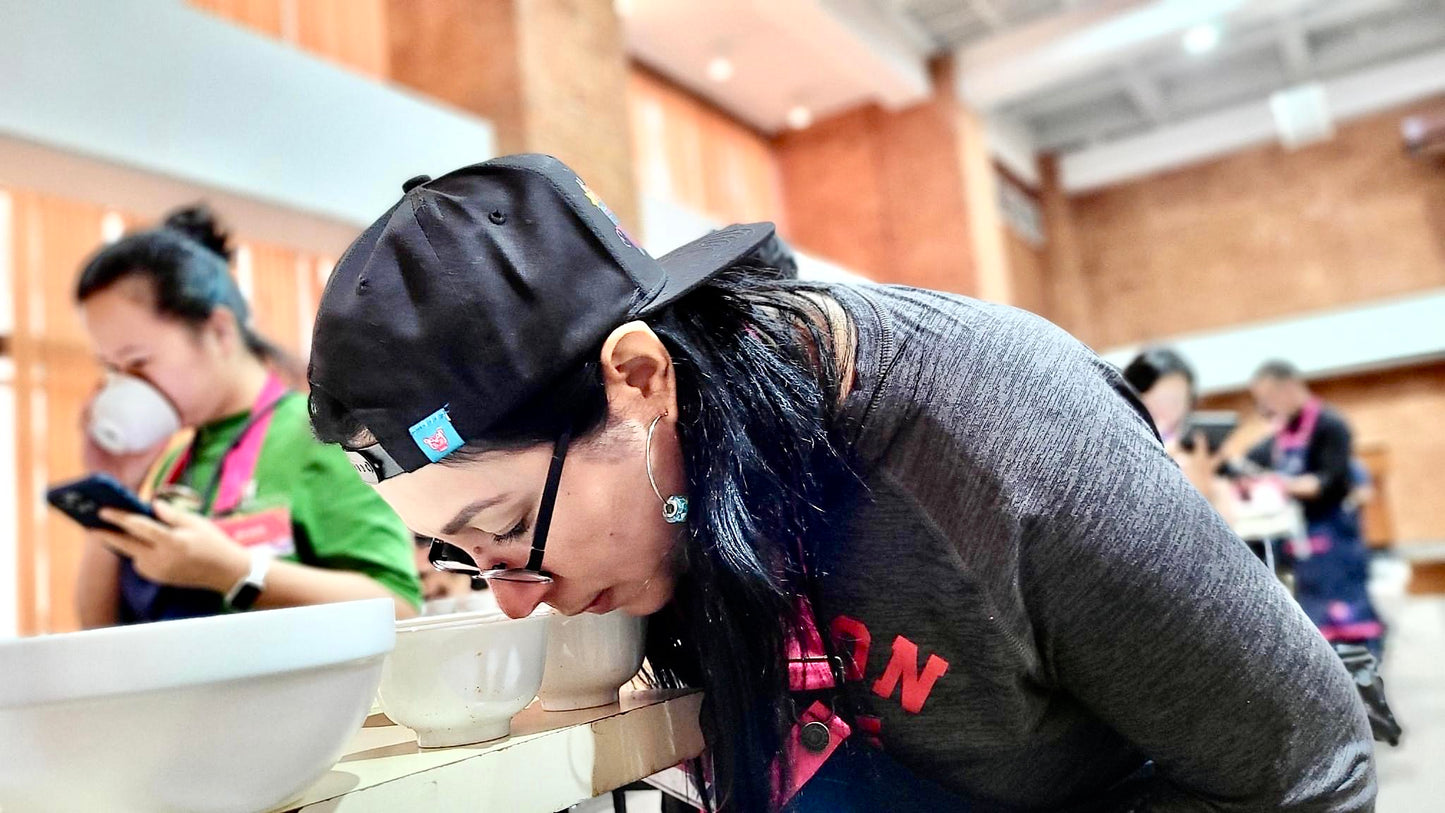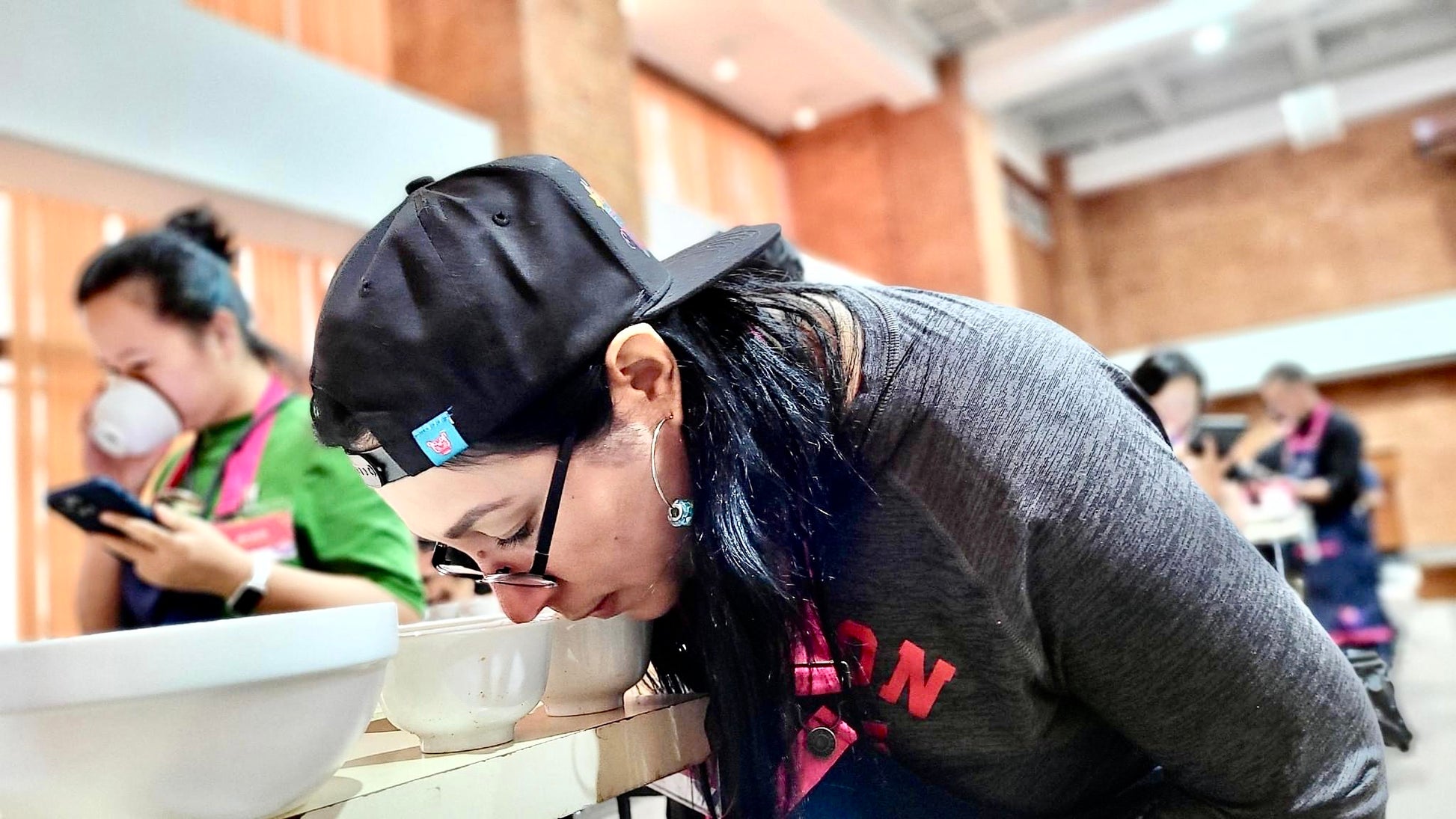Coffea School
Q GRADER COURSE
Q GRADER COURSE
Couldn't load pickup availability
The Evolved Q Grader course is the most advanced training and certification path in the world of coffee, designed by the Specialty Coffee Association (SCA) to empower the most experienced professionals in the art of coffee evaluation. In six intensive days, you will refine your theoretical understanding and practical application of the Coffee Value Assessment (CVA), the industry's most comprehensive and modern evaluation system.
This is not a course for beginners. It is aimed at coffee professionals with solid prior experience in cupping, sensory evaluation, and green coffee analysis. Through a rigorous program of theoretical lessons, practical activities, and exams, you will learn to identify and document every attribute of coffee, becoming a benchmark in the industry.
By passing all the exams, you will earn the prestigious Evolved Q Grader license, a key milestone to demonstrate your excellence and competence in coffee evaluation on a global level.
Course Program and Objectives:
An intensive 6-day course (48 hours total) that combines theory, practice, and exams to test and certify your skills at the highest level.
Course Objectives: What You Will Learn to Do
By the end of this course, you will be able to:
- Master the Coffee Value Assessment (CVA): Explain the fundamental theoretical concepts of the CVA and advise on its strategic implementation in any professional context.
-
Conduct Comprehensive Coffee Analyses: Accurately perform the system's four key assessments to create a comprehensive profile for any coffee:
- Physical: Analyze green coffee to classify its color, moisture, size, and defects.
- Descriptive: Map the sensory profile, precisely identifying aromatic notes, taste, and mouthfeel.
- Affective: Evaluate the quality and potential of a coffee not only according to your personal taste but also by simulating the preferences of specific markets.
- Extrinsic: Document the "hidden" attributes that create value, such as origin, the producer's story, certifications, and sustainability practices.
- Evaluate from Multiple Perspectives: Apply a high degree of self-awareness to distinguish personal preferences from an objective evaluation, learning to identify a coffee's value for different clients and markets.
Program Structure
The course is divided into 6 intense days, each dedicated to specific modules and practical tests.
- Day 1: The Foundations. Introduction to the course, review of key cupping concepts, and a deep dive into the physical assessment of green coffee (CVA Physical Assessment).
- Day 2: The Descriptive Assessment. In-depth study of the descriptive assessment (CVA Descriptive Assessment), multi-perspective tastings, aroma identification, and basic tastes tests. First practical exam on the physical assessment.
- Day 3: Discrimination Tests and Flaws. Triangulation exercises to sharpen sensory discrimination skills, analysis of roasting defects, and the first practical exam on aromas.
- Day 4: The Affective Assessment. Entering the world of perceived quality evaluation (CVA Affective Assessment), learning to provide ratings from different market perspectives. Practical exams on triangulation and descriptive assessment.
- Day 5: The Extrinsic Assessment and Final Exams. Analysis of attributes that go beyond the cup (history, certifications) and an intensive session of practical exams on roasting flaws, basic tastes, and affective assessment.
- Day 6: Value Discovery and Retake Exams. Application of all learned skills to real-world market scenarios (Value Discovery). Final session dedicated to second attempts for those who did not pass the exams on their first try.
A Demanding Path: The Exams
The course includes 9 exams (8 practical and 1 written) covering all areas of expertise. The very high level of professionalism required is underscored by a fundamental rule: no future retakes are permitted. Each student has a maximum of two attempts for each exam during the course week. If even a single exam is not passed after the second attempt, the student will fail and must retake the entire course.
Want to prepare for the Q-Grader Course? The following link outlines each of the course’s exam components and provides recommended reading and activities to help you get ready. Read on to get recommendation on how to prepare for the cupping skills, physical assessment, roasting problems, descriptive assessment, affective assessment, olfactory category examples, triangulation, main taste solution practicals, and written exams.
Share






